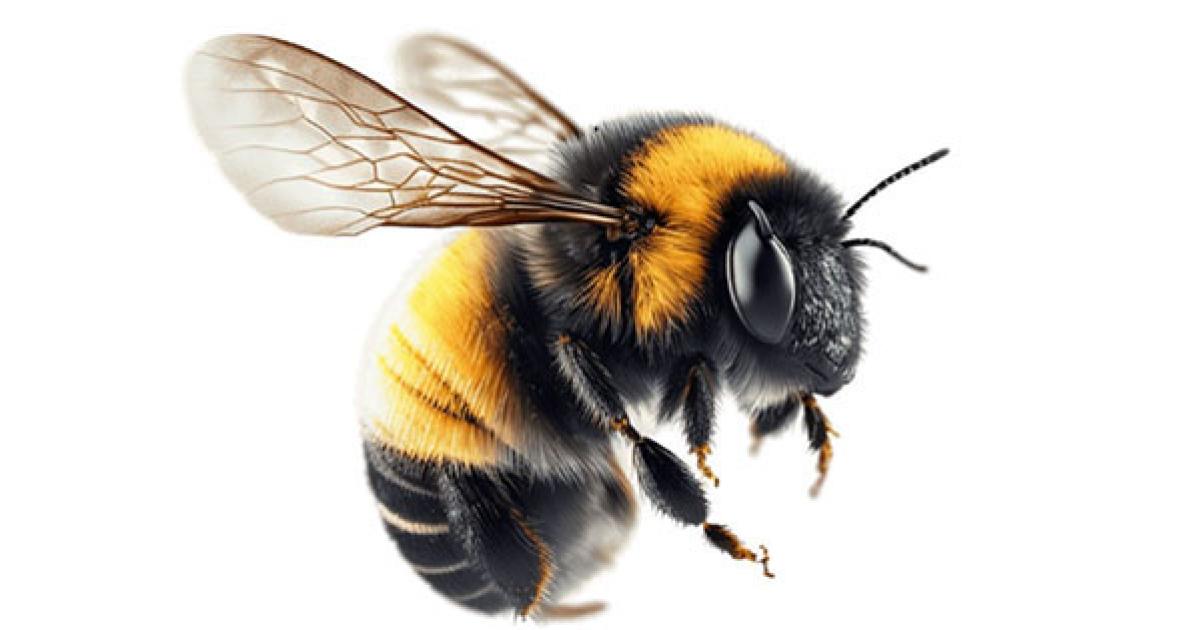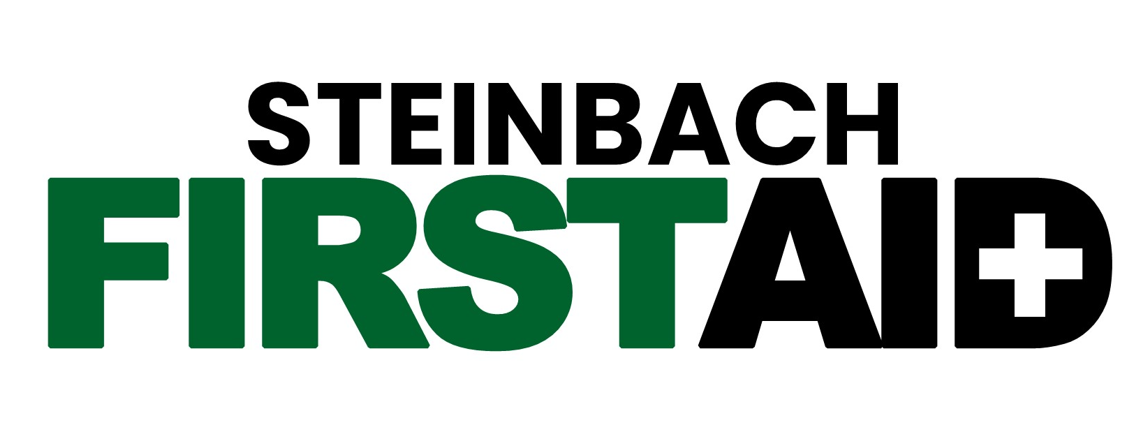Author: Cailin Egan
Poison Ivy

What is it? Poison ivy is a straggling or climbing woody vine that’s well known for its ability to cause an itchy rash. Poison ivy can be found in every province except Newfoundland. It grows on sandy, stony, or rocky shores, and sprouts in thickets, in clearings, and along the borders of woods and roadsides.… Read more
Swimming Safety

Did you know that one of the leading causes of death in children ages 1 to 4 is drowning? Carefully supervise your children, secure the area around your backyard pool and teach your children about water safety. This can help prevent serious injuries and death. Supervising Children Keep young children and inexperienced swimmers in view… Read more
First Aid for Sunburn and Heat Illness

Sunburn (also called erythema) is caused by overexposure to ultraviolet radiation (UV rays). While the erythema symptoms are usually temporary (like red skin that is painful to the touch), skin damage is cumulative throughout a person’s life and can develop into serious long-term health effects, including skin cancer. Mild sunburn results in skin irritation and redness and can… Read more
Insect Stings

Insect stings can be painful but are not usually dangerous. However, if the insect sting is in the mouth or throat this can be more serious as it could lead to swelling of the airway and obstruction. Watch for signs of an allergic reaction, which can lead to anaphylactic shock. Signs and Symptoms Look for: What… Read more
Fireworks Safety Tips

Purchasing Fireworks: Setting Up: Fireworks Show: Proper Disposal of Fireworks: Credit: Canada Safety Council Read more
First Aid for Sunburn and Heat Illness

Sunburn is caused by overexposure to ultraviolet radiation (UV rays). While the symptoms are usually temporary (like red skin that is painful to the touch), skin damage is cumulative throughout a person’s life and can develop into serious long-term health effects, including skin cancer. Mild sunburn results in skin irritation and redness and can be safely treated at… Read more
Bear Safety

Knowing how to avoid an encounter with a bear is the best way to enjoy the outdoors, safely. In the event you do come across a bear, it is important to know a bit about bear behaviour. How we respond in an encounter with a bear really depends on the type of interaction that is… Read more
The Gardener’s First Aid Kit

Gardening is such a joyful and satisfying activity that lets us connect with nature and take care of our lovely green spaces. But, amidst all the beauty and bounty, we should not forget about safety! Just like any physical activity, gardening can put us at risk of injuries if we don’t take care of ourselves.… Read more
Travel Health Kit Checklist

A basic travel health kit is important no matter where you travel. First aid supplies and medications may not always be readily available in other countries or may be different from those available in Canada. A good travel health kit contains enough supplies to prevent illness, handle minor injuries and illnesses, and manage pre-existing medical… Read more
Hiking Safety

Check out these hiking tips and learn how to plan and prepare for a safe and enjoyable experience. 1. Know your limits. Choose your hike based on the experience and physical ability of everyone in your group. Some trails are well-marked with little difficulty and elevation gain and some are more technical and require navigation. … Read more
